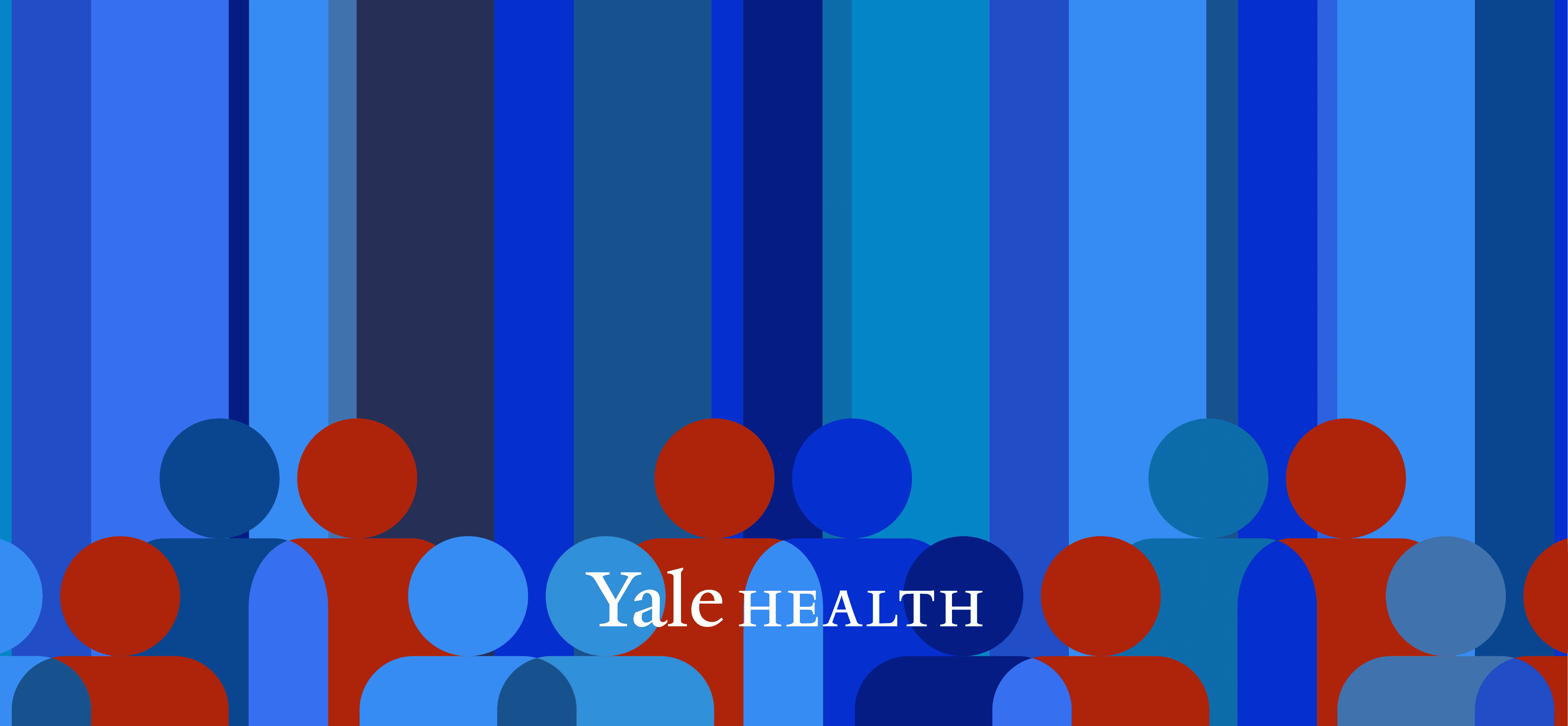We Ask Because We Care

Please help us get to know you better!
At Yale Health, we are dedicated to ensuring that all our members have equal access to the highest-quality care. To achieve this, we need your help. Accurate information about your race, ethnicity, ethnic background, preferred language, sexual orientation, and gender identity is vital.
We are part of a national effort called "We Ask Because We Care." It aims to improve patient outcomes and strengthen patient partnerships. We aim to know our patients, verify that we provide the highest quality and safest care to all, and address any variations or gaps we identify.
Please take less than 30 seconds to update your information on MyChart:
- Log in to your MyChart account.
- Open the 'Menu' and go to 'Preferences and Account Settings.'
- Select ‘Personal Information.’
- Find 'Details About Me' and select Edit.

Updating this information will help us better understand you as an individual and our overall patient community. You can share as much or as little as you want. All information is confidential and protected by law.
Thank you for your participation!
Why ask about race, ethnicity, language, sexual orientation, and gender identity?
We ask all patients about their:
- Race
- Ethnicity and ethnic background
- Preferred language, both spoken and written
- Sexual orientation
- Gender identity
Everyone is unique, and everyone deserves the best health outcomes. Yale Health wants to ensure that patients get the best care possible. The more we know about our patients, the more we can assess their needs and the needs of our patient community.
This information helps us:
- Better understand you and our community.
- Meet your specific healthcare needs and deliver essential services
- Identify areas where we can provide more services and programs.
- Support programs that improve the quality of care, whether for a specific group or for all patients.
- Understand the need for interpretive services.
- Identify and correct health inequities.
What is being asked of me?
We are asking all of our patients about their:
Race: Represents a broad category of people. It is based on social, cultural, and/or physical traits.
Ethnicity: Indicates whether you identify as either “Hispanic or Latina/o/e” or “Not Hispanic or Latino/a/e.”
Ethnic background: Represents the part(s) of the world that you or your ancestors came from.
Preferred Spoken Language: The language you feel most comfortable speaking with medical staff.
Preferred Written Language: The language you feel most comfortable with when reading or reviewing documents related to your healthcare.
Gender Identity: This is your internal sense of being male, female, some combination of male and female, or neither male nor female. Your gender identity can be the same or different from your sex assigned at birth.
Sexual Orientation: Your sexual orientation is about who you are attracted to and who you feel drawn to romantically, emotionally, and sexually.
What are the social 'determinants' of health?
Social determinants of health are the conditions under which people are born, grow, live, work, and age. They also include health systems. Additionally, economics, social policies, and politics play a role.
Who will see this information? How is it shared?
We protect this information like your other health data. We keep patient details, including race and ethnicity, private.
Why ask about sexual orientation and gender identity?
The National Academy of Medicine (NAM) and the Joint Commission recommend collecting data on sexual orientation and gender identity. This data helps us learn which populations we serve and measure the care we provide to all people. This includes those who are lesbian, gay, bisexual, transgender, and queer (LGBTQ+). Collecting this data lets us identify and address the unique needs of these populations, as well as:
- Better understand you and our community
- Meet your specific healthcare needs and deliver essential services
- Support programs that improve the quality of care, whether for a specific group or for all patients
- Identify and correct health inequities
What if I don’t want to share this information?
You do not have to answer them; they will not affect your care. Your provider may also ask these questions privately during your visit. You do not have to share your answers. You can also ask your provider questions.
The MyChart patient portal lets patients enter their race, ethnicity, and spoken language. You can enter as much or as little information as you want. For more information about MyChart, go to the MyChart signup page.